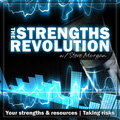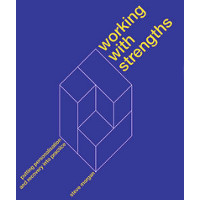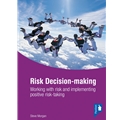minding your language
 Sunday, March 25, 2018 at 4:21PM
Sunday, March 25, 2018 at 4:21PM The language of strengths individualises each of us; whereas, the language used to describe problems tends more to aggregate us into less well-defined groups. In the following brief video, I will contrast the types of language we use for describing ourselves either from a problems perspective or from a strengths approach. Click on the following link now to access the video:
https://www.youtube.com/watch?v=bALixNzWHVU
This video is part of the email sequence providing subscribers with access to a wide range of strengths-based resources. If you wish to subscribe to the email list click the following link (it's FREE resources that I am offering, with no catch!):
https://positiverisktaking.lpages.co/working-with-strengths-2/








